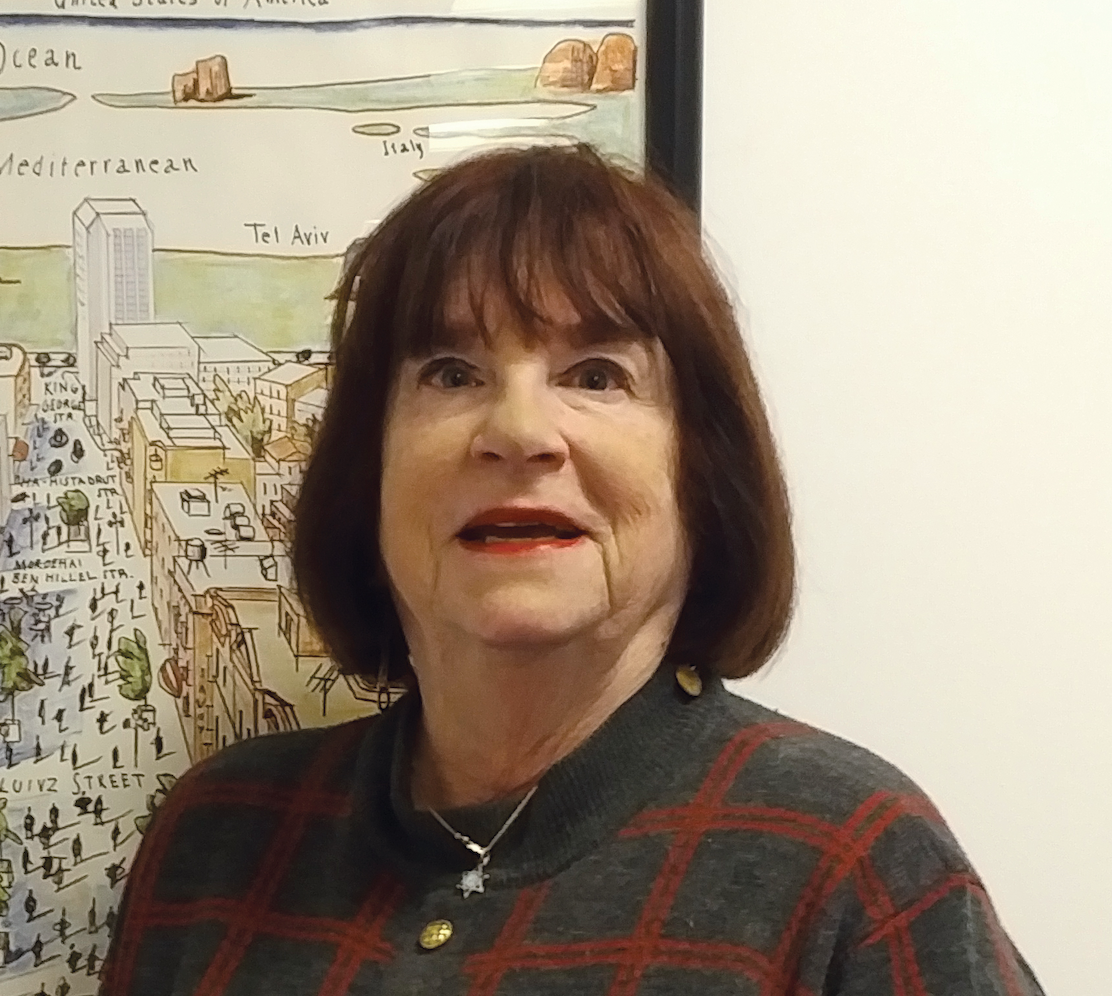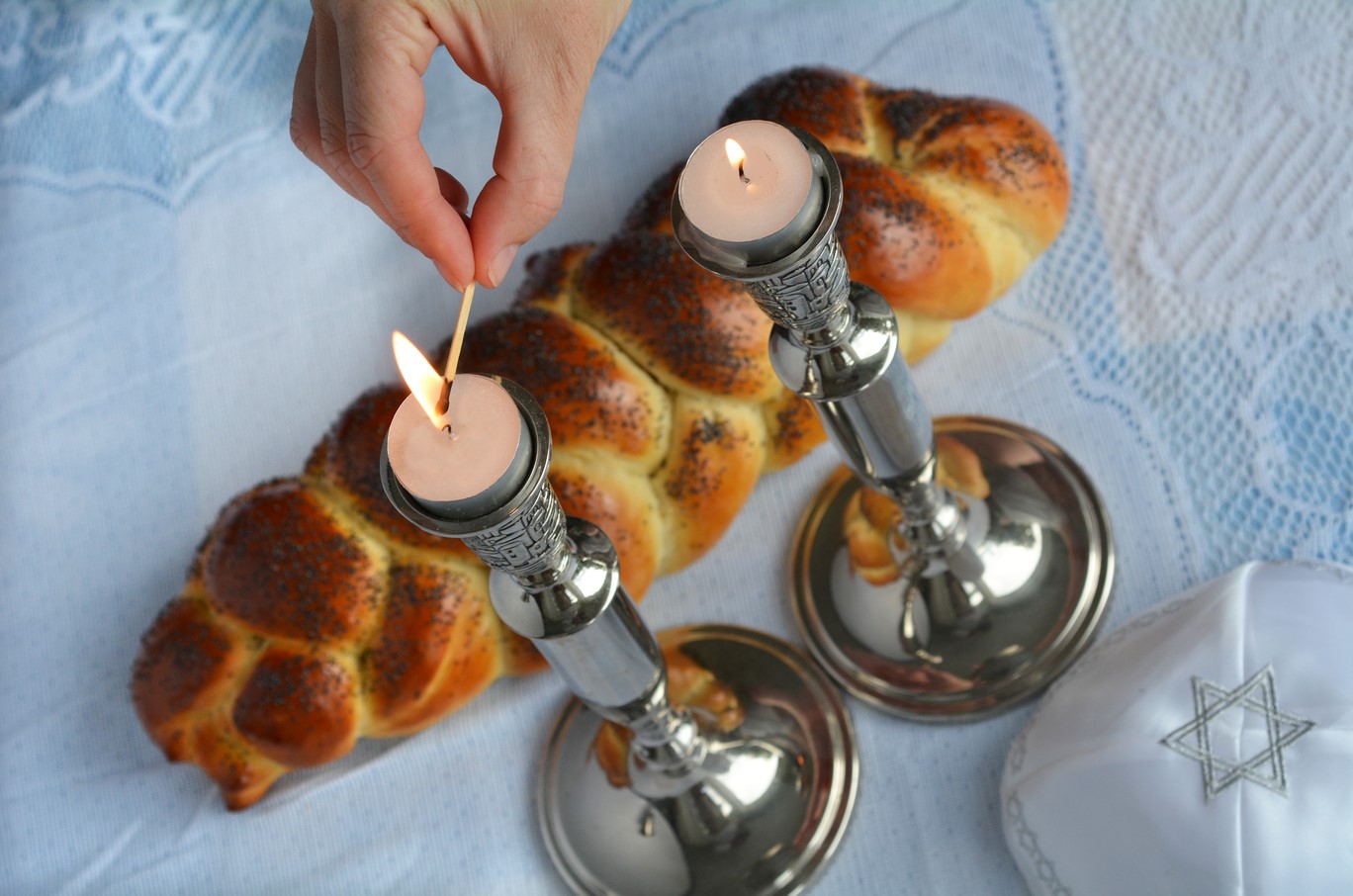I grew up in a household with almost no Jewish atmosphere. My father, who was from Russia, was very busy being Mr. American. I knew that I was Jewish but that was the extent. Shabbat wasn’t celebrated, nor major holidays observed. Our cultural identity was American, fully. It was all I knew and I did not question it.
As a teenager, one of my friends invited me to a meeting of a club she was starting. I did not know at the time, but the club was Junior Hadassah. I returned home to my parents stating that I discovered that we were part of a big family–the Jewish people–and that we had a homeland–Israel. I even told my parents that I wanted to visit Israel. I started attending services with my friends and even conducted a Passover Seder that year. My parents decided I had become a zealot. Despite this, I continued learning about my Jewish identity and cultivated my own Jewish American identity.
Because I did not have Shabbat experiences in my home as a child, they became very special to me. I loved partaking in them at our Junior Hadassah conventions. They became a special part of my world that I never knew I needed. It was a very spiritual and inclusive experience for me. Although at the beginning, I did not have a clue about Shabbat, I came to truly embrace what it meant to me and what it means to the Jewish people. To know that my family (the Jewish people) all over the world are having the same experience was truly a magical discovery for me. We may all speak different languages but the Hebrew in the Shabbat service unites us all.
When I served as a chair for Young Judaea, (a Zionist youth movement embracing Jewish diversity under the umbrella of Hadassah), I spent a great deal of time at our summer camps around the country. Once again, Shabbat was made very special for me and for all the campers. My eyes would always fill with tears as we came together, as a community for Shabbat. Many campers would tell me that this experience was so unique for them because they did not have it in their own homes. I shared my history with them and that it is possible to change and bring back this shared experience to their own families.
Later on, as I raised my own family, and as I watch my children raise theirs, Shabbat became very special to us. This special time to rest, reflect and come together as a family has been one of the most poignant parts of discovering my Jewish identity. This upcoming Shabbat is especially near to my heart, since Hadassah was founded by a group of strong women Zionists over 100 years ago during Purim. Shabbat Zachor, the Shabbat that ushers in Purim, reminds us of the power of speaking up for what you believe in, even when it is the hardest thing to do. It speaks to the strength and courage of Esther (Hadassah in Hebrew).
This Friday, I will delight in lighting the Shabbat candles with my family and telling them the story of brave Esther, and how our family Shabbat traditions reignited because of a chance Junior Hadassah meeting that I attended.
Judy Shereck is the Coordinator of the Programming, Advocacy, and Zionist Education Division of Hadassah, The Women’s Zionist Organization of America, Inc.


